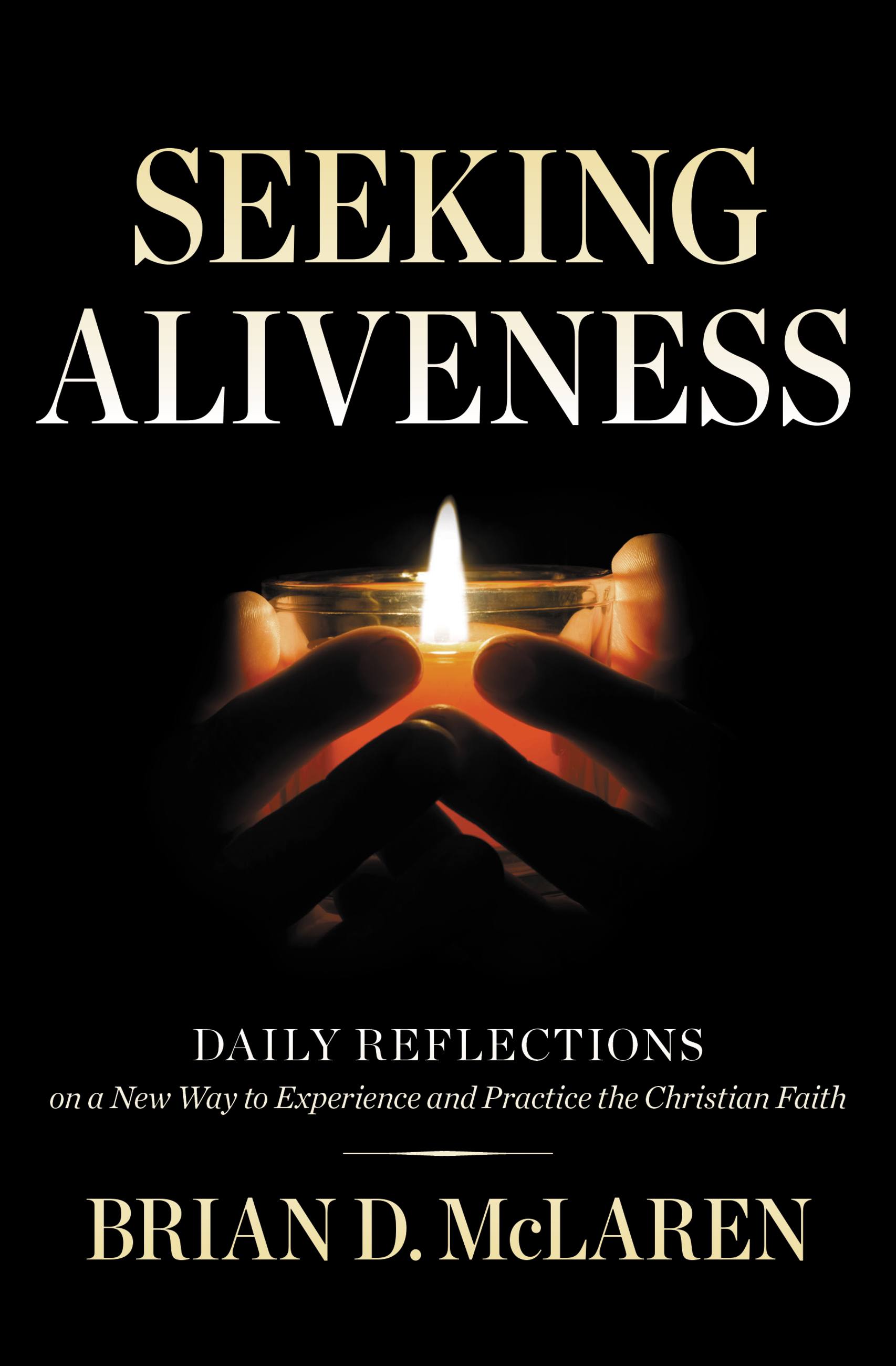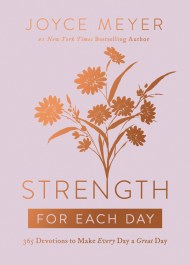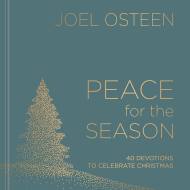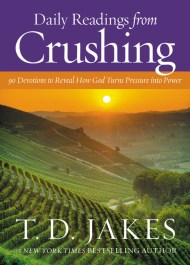By clicking “Accept,” you agree to the use of cookies and similar technologies on your device as set forth in our Cookie Policy and our Privacy Policy. Please note that certain cookies are essential for this website to function properly and do not require user consent to be deployed.
Seeking Aliveness
Daily Reflections on a New Way to Experience and Practice the Christian Faith
Contributors
Formats and Prices
- On Sale
- Nov 14, 2017
- Page Count
- 400 pages
- Publisher
- FaithWords
- ISBN-13
- 9781478947462
Price
$9.99Price
$12.99 CADFormat
Format:
- ebook $9.99 $12.99 CAD
- Trade Paperback $15.99 $20.99 CAD
This item is a preorder. Your payment method will be charged immediately, and the product is expected to ship on or around November 14, 2017. This date is subject to change due to shipping delays beyond our control.
Buy from Other Retailers:
Based on his book We Make The Road By Walking, Brian D. McLaren presents a 52-week devotional to inspire and activate you in your spiritual journey. If you’re a seeker exploring Christianity, if you’re a long-term believer feeling downtrodden, if your faith seems to be a lot of talk without much practice, here you’ll find a reorientation from a fresh and healthy perspective.
Brian D. McLaren shows everything you need to explore what a difference an honest, living, growing faith can make in your life and in our world today. Through 52 weeks of thoughtful readings, Seeking Aliveness gives an overview of the message of the whole Bible and guides you through a rich study of interactive learning and personal growth.
Newsletter Signup
By clicking ‘Sign Up,’ I acknowledge that I have read and agree to Hachette Book Group’s Privacy Policy and Terms of Use







